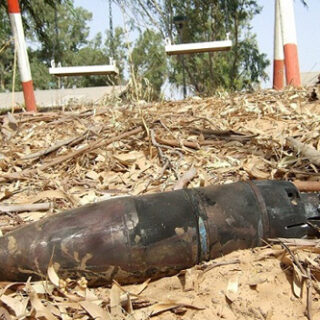According to some United Nations studies, young African Muslims are not motivated by religion when joining jihadi groups. Nigeria is just one of many African countries having to deal with radical Islamic terrorist groups: Besides Boko Haram, which operates in northeastern Nigeria as well as adjacent territories, the militant group al-Shabab has been fighting for years to gain control of Somalia.
A branch of al Qaeda, among others, is active in Mali. According to the United Nations, between 2011 and 2016 some 33,000 people in Africa were the victims of extremist violence. A UN report also found that young Muslims in Africa were less likely to be radicalized by religious motivation than by poverty and lack of opportunity.
For its study “Journey to Extremism in Africa,” the UN Development Program (UNDP) spent two years interviewing some 500 former members of radical groups across the continent.
Khadijah Hawaja Gambo read the 128-page study and agrees with the authors’ findings. She believes those who truly understand Islam know that the radical interpretations of groups such as Boko Haram are deeply un-Islamic. “The less a person knows about Islam, the more susceptible they are to the ideology of terrorist organizations,” Gambo said.
“People who don’t know about Islam believe in anything that such groups sell them as Islam.” The UNDP’s study seems to back Gambo’s theory: It found that 57 percent of those questioned knew little or nothing about Islamic religious texts. According to the study’s findings, six years or more of religious education reduced the likelihood of radicalization by some 32 percent.



